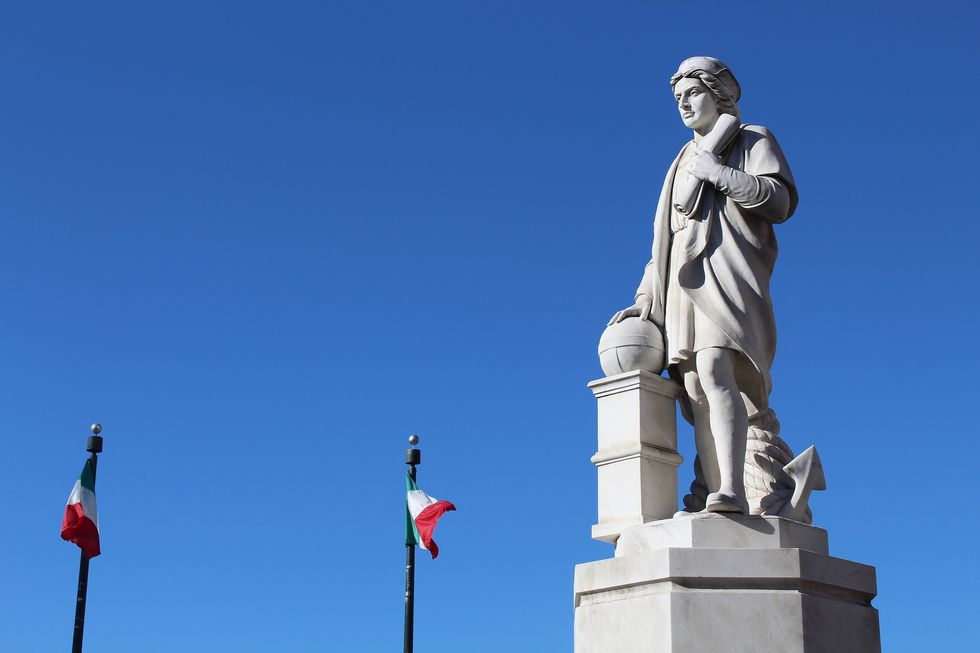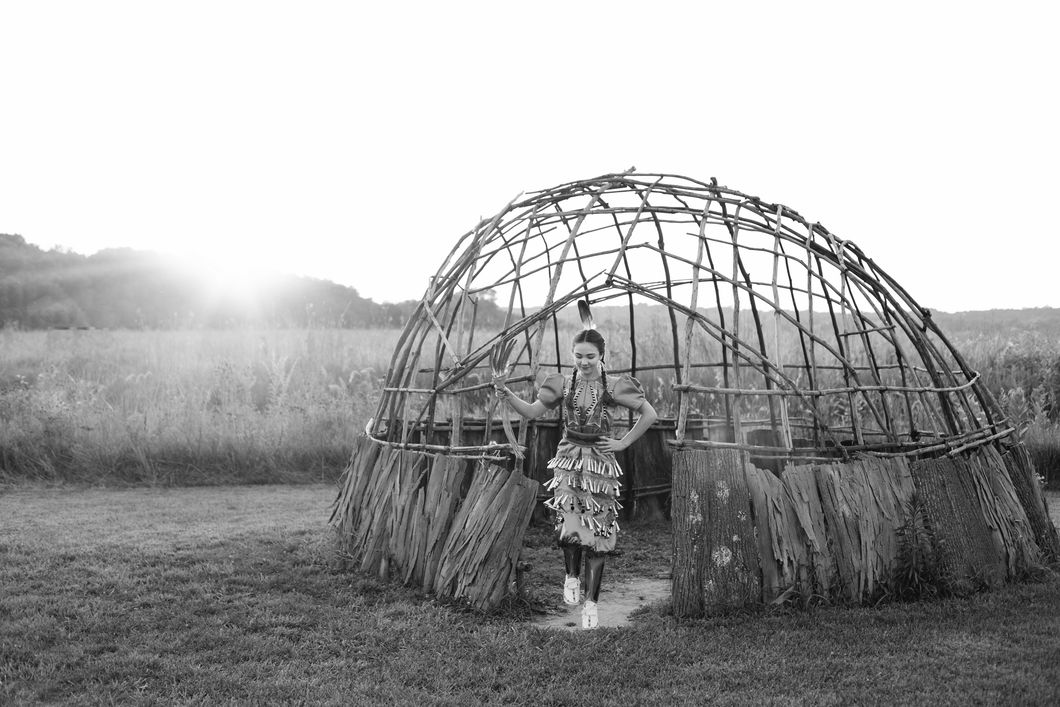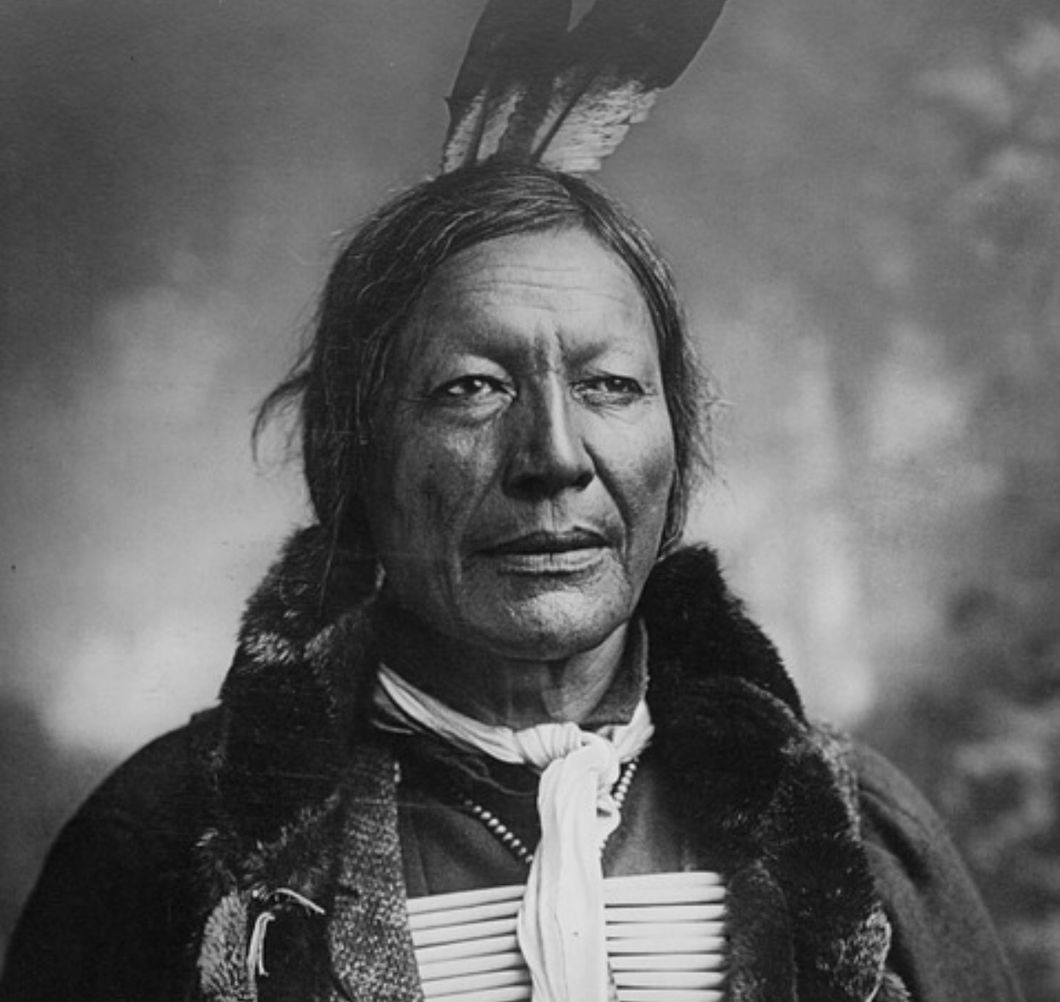A Feminist Critique Of The #MeToo Movement's Blindspot
I'm a feminist, but here is my problem with #MeToo.
The recent discussion of sexual violence in American society has sparked a fiery debate over how to create change for women everywhere. A topic which was once a whisper in the back of the room has become a national discussion of women's rights. But what about the rampant sexual violence towards Native American women? There is no #MeToo conversation inclusive of the atrocities which Native American women are facing.
Society has been so focused on a relatable narrative when creating #MeToo, that America has completely sidelined and consequently exacerbated the issues of the Native American community. Just because the poverty which Natives face is not relatable in the way the middle and upper-middle class stories of #MeToo are, does not mean that the stories of the more powerful are the only ones worth listening to.
According to Amnesty International, Native American women are 2.5 times more likely to experience sexual violence, yet there seems to be no hashtag or mass movement inclusive of them. These high rates of sexual violence, mixed with low rates of prosecution, have created a vicious and shocking cycle of violence on reservations. The severe sexual violence being experienced by Native American women is a widespread and pressing issue that is lacking proper attention and legislative action and it's truly appalling.
In a study conducted by the Centers for Disease Control, 94% of the nearly 300 Native American women surveyed reported being raped in their lives. This figure is absolutely terrifying. To put this into a more local context, the Navajo Nation reservation in Arizona has had "more rapes [between 2008-2014] reported than in San Diego, Detroit or Denver," according to FBI's reports. This issue has plagued Natives for generations but remains overlooked and undiscussed by the majority of Americans. The #MeToo discussion revolves the idea of a relatable platform, but just because poverty isn't relatable does not entail that those in poverty should not receive justice. It's baffling how an issue can be this salient to one group of people yet go completely unnoticed by another.
To break the issue down, tribal courts have several large obstacles preventing them from acting as an effective means of justice. The main difficulty is the inability to prosecute non-Natives. Even though in "86% of the reported cases of rape against American Indian women, survivors report non-Native perpetrators,” justice cannot be served because tribes don't have the jurisdiction to prosecute. One can only imagine the frustration of a minority group which cannot receive justice in the face of a more socioeconomically powerful perpetrator.
Most recently, the Violence Against Women's Act of 1994 created an amendment in 2013 to give tribal courts the right to prosecute non-Natives who committ domestic and dating violence. This amendment fails to take into consideration however, that most rape cases against Native women are not domestic or dating violence. It seems inconceivable how such injustice is occurring but the media and movements like #MeToo simply aren't aware of it. In order to affect change for women everywhere, everyone's issues must be accounted for, even if issue of those in poverty aren't "relatable."
In the search for justice, tribes often send cases they do have jurisdiction over to U.S. Justice Department. In his New York Times Article, Timothy Williams cites that the Justice Department however did not pursue 65% of rape charges on reservations and 61% of cases involving the sexual abuse of Native children in 2012. So, while Native American women are two and a half times more likely to be raped, only one-third of them have a chance at receiving the justice they deserve. It almost feels as though it comes from a place of elitism that there are very few cases in which Natives can receive justice because they don't have jurisdiction over a seemingly untouchable group of richer people.
Sexual violence and the lack of prosecution to address it in the Native American community is a crisis which will never improve if continued to be left alone. Nothing will change until tribal courts have the power to fully enact law and order in their communities. It's been shown that the U.S. Justice Department ignores the issue and the U.S. public is unaware that this is even happening. With the current efforts which are being made to empower and protect women, American society has gotten lost in framing the issue to be relatable to the point where they have forgotten an entire group of people.
Until the public has been made aware of the severity of this issue, no legislation will be passed to help these women and the elitist injustice will continue. #MeToo is meant to give a voice to victims of sexual violence, but this mission will never be successful until the plight of Native American women has been heard.

























